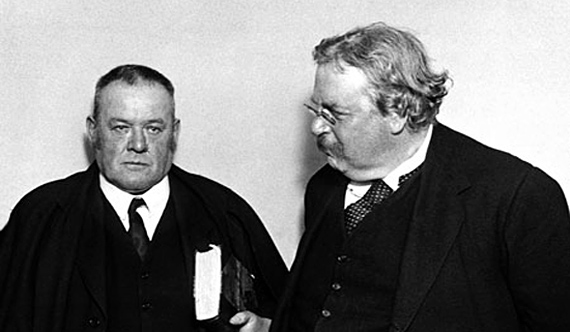This summer Laurie M. Johnson, Professor of Political Science and Director of the Primary Texts Certificate at Kansas State University, will be leading an online seminar discussing distributist texts and ideas. Several of the readings for the seminar come from last year’s issue of Local Culture dedicated to distributism. Below is the overview; for more information and to register, see this website.
This seminar that will meet each Saturday in June and the first Saturday in July, from 1 p.m. to 2:30 p.m. CT (US Central Time) will take us through some of the top authors of the philosophy of Distributism. Sessions will include a 30-45 minute lecture from Dr. Johnson, followed by a Q and A session which will be moderated with the goal of dealing with a variety of questions. Participants will be able to chat and pose questions throughout the session. Each session will last 1 1/2 hours.
Distributism is neither liberal nor socialist—that is, it neither advocates for free market capitalism or government ownership and control of all property. It advocates for a third way in which property and ownership are more equally distributed among the citizens of a country. Government regulates the distribution of property so that monopolies and mega-corporations that concentrate wealth cannot develop and create a proletariat. Obviously, to create a distributist system, land reform and breakup of monopolies would be necessary, and the implications of these moves could be quite momentous. Whether distributism is desirable and possible, how distributism would work given how we’ve developed so far, and how to avoid negative consequences of distributist reforms, and where the Catholic and other churches stand on these issues now are all questions that will run throughout this seminar. Proceeds from this seminar will be for the benefit of MORTC Urban Farm in Kansas City, MO.
Suggested reading is just that, suggested but not required. All are welcome whether or not they have any prior knowledge of Distributism or have the time to read the selections. Suggested reading will be provided here on the Political Philosophy website.






